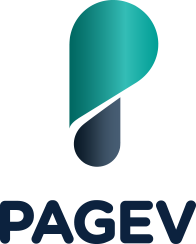
As the first step of any waste management process, Collection Schemes play a key role in their overall performance. Appropriate waste collection, approved and supported by waste owners, is a prerequisite to solving litter issues. Waste collection determines the composition of waste streams and therefore their suitability for downstream pre-treatment, sorting and recovery operations.
Many successful collection schemes ‒ either capturing plastics waste alone or together with other materials ‒ exist in Europe. These systems share the same objective to maximisie recovery of recyclables and recover value from waste by diverting this valuable resource from landfilling. Collection schemes are aligned with downstream infrastructure for per-treatment, sorting, and recovery to maximise recovery, improve environmental performance and manage costs.
Today dedicated commingled collection of dry recyclables (packaging and other household goods mainly made of plastics, metals; and often paper, card and glass), offers an attractive solution to maximise the amount of waste recovered. Subsequent treatment with modern sorting and recycling technologies produces high quality resource streams with the required market-driven qualities for recycling and recovery.
Outside municipal waste collection schemes other product related systems for end-of-life vehicles, electrical and electronic appliances, plastics agricultural films and deposit systems for (plastics) beverage containers also provided a valuable source of resources for recycling and recovery.
PAGEV is committed to contributing to the development of collection schemes in Turkey to capture all waste plastics for recycling and recovery.

